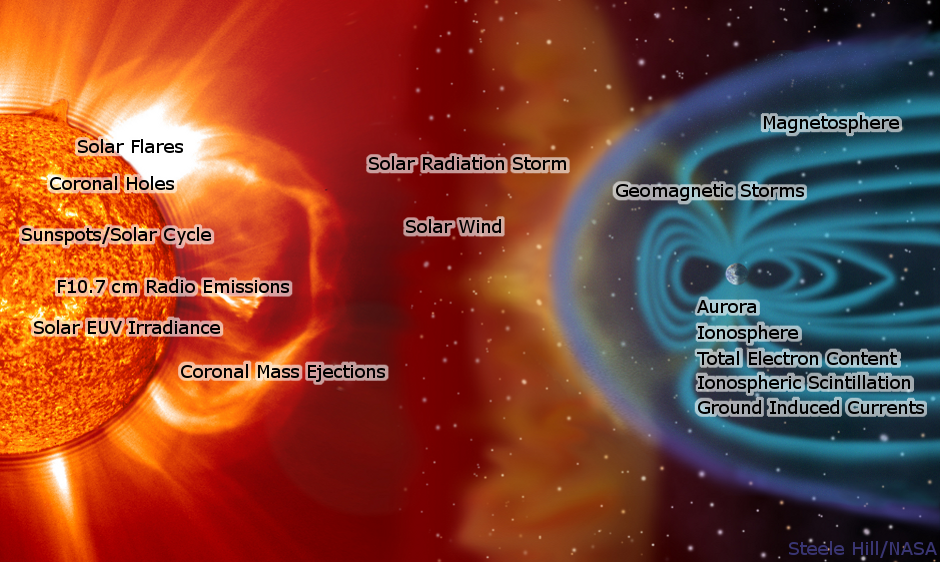
This can feel like an uneasy feeling in the stomach, similar to the feeling of riding a rollercoaster.Īs the seizure progresses, a person can experience motor and non-motor symptoms. These seizures can begin with an aura, which are minor symptoms signifying the seizure’s onset. They can start in one area and move to others. Unlike generalized seizures, focal seizures only affect one part of the brain. People with focal epilepsy have focal seizures. Generalized epilepsy usually starts during childhood. Non-motor seizures are also called absence seizures. If someone has a motor seizure, they may experience: Additionally, these seizures may be either motor, which involve physical movement, or non-motor, which do not. These affect both the left and right sides of the brain. People with this type of epilepsy have generalized seizures. This means they have different identifying factors and treatments.

In non-scientific references, the plural “phenomenons” is used to indicate things which are extraordinary, occurrences which are extraordinary, or people who are extraordinary or a marvel.

This plural form is used mainly when someone is doing a non-scientific writing. Yet one should know that the other plural for “phenomenon” is “phenomenons.” “Phenomenon” has two plurals, though we are specifically talking about the plural “phenomena” in this article. Kantianism, a thing which is constructed or made up by mind.

“Phenomenon” means “a fact, an occurrence or a circumstance observable by the senses.”Īn extraordinary, impressive, significant, unusual, unaccountable occurrence or fact.Īn exceptional or remarkable person wonder prodigy. We know very well that the plural forms and singular forms are supposed to be used appropriately with a singular object and plural objects respectively. They are singular and plural forms of the word “phenomenon.” “Phenomenon” is the singular form and “phenomena” is the plural form. However, this is not true, and these two words or nouns cannot be used interchangeably. Sometimes they are used incorrectly by people who think they can be used interchangeably. The two words or nouns “phenomenon” and “phenomena” frequently confuse people.


 0 kommentar(er)
0 kommentar(er)
